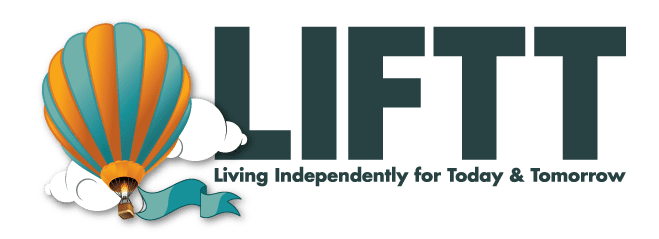LIFTT’s Opposition to HB 395 – Protect Voting Rights for Individuals with Mental Health Conditions
Chairwoman Darling and Members of the House Committee on State Administration,
We are writing to express our strong opposition to HB 395, which seeks to revise voting laws for individuals deemed to be of “unsound mind.” This bill is not only legally questionable but also ethically troubling, as it threatens to undermine the fundamental voting rights of individuals with mental health conditions — rights that are protected under the U.S. Constitution and affirmed through decades of legal precedent.
At its core, HB 395 risks disenfranchising individuals who have every right to participate in our democracy. Mental health conditions exist on a vast spectrum, and a diagnosis alone does not indicate an individual’s inability to reason, understand, or make informed decisions about the electoral process. The idea of broadly restricting voting rights based on subjective criteria of “soundness of mind” invites discrimination, overreach, and potential abuse.
Rational and Legal Arguments Against HB 395
- Voting is a Fundamental Right, not a Privilege
The right to vote is enshrined in the U.S. Constitution and has been repeatedly upheld by the courts as a fundamental democratic right. Restricting this right based on mental health status undermines the principles of equal protection under the law.
- The Americans with Disabilities Act (ADA) and Federal Protections
The ADA and other federal laws protect individuals with disabilities, including those with mental health conditions, from discrimination. This bill raises serious legal concerns about violating those protections and may open the state to legal challenges.
- Mental Health Does Not Equate to Incompetence
Having a mental health diagnosis does not mean a person is incapable of making informed decisions about their government. Many individuals managing mental health conditions, from anxiety and depression to schizophrenia and bipolar disorder, engage successfully in their communities, careers, and civic responsibilities.
- Dangerous Precedent for Civil Liberties
This bill sets a dangerous precedent by implying that certain individuals should be stripped of basic rights based on an arbitrary standard of mental “fitness.” This is a slippery slope that could lead to further erosion of rights for people with disabilities, the elderly, and other vulnerable populations.
- Montana Should Encourage, Not Restrict, Voter Participation
Instead of making it harder for individuals to vote, Montana should be leading efforts to expand access to the ballot, ensuring that all voices — including those of individuals with mental health conditions — are heard. Democracy is strongest when it includes everyone.
A Call for Inclusive Policy
Rather than erecting barriers, Montana should focus on policies that promote voter accessibility, including support for individuals who may need assistance in the voting process. Every person — regardless of mental health status — deserves the right to engage in civic life and have their voice counted in decisions that affect their future.
We urge you to vote NO on HB 395 and stand up for the democratic rights of all Montanans. Disenfranchising individuals with mental health conditions is not just unconstitutional — it is unjust.
Thank you for your time and thoughtful consideration. We are happy to discuss this further and look forward to your response.
Sincerely,
Carlos A. Ramalho, Executive Director
Living Independently for Today & Tomorrow (LIFTT)
1241 Crawford Drive, Billings, MT 59102
Email carlosr@liftt.org
Telephone (406) 259-5181
Facsimile (406) 259-5259
Direct (406) 294-5190
About Living Independently for Today & Tomorrow (LIFTT): LIFTT is a Montana 501(c)3 corporation organized as a Center for Independent Living (CIL). With team members based in Billings and Glendive, LIFTT provides aging and disabled members of the community with programs and services that help empower them to break down the physical, bureaucratic, and cultural barriers that prevent them from being fully independent participants in their lives and communities throughout 18 counties in southeastern and south-central Montana: Big Horn, Carbon, Carter, Custer, Dawson, Fallon, Garfield, Golden Valley, McCone, Musselshell, Powder River, Prairie, Richland, Rosebud, Stillwater, Treasure, Wibaux, and Yellowstone. For more information, please visit liftt.org or download our mobile app for your Apple or Android Device.
